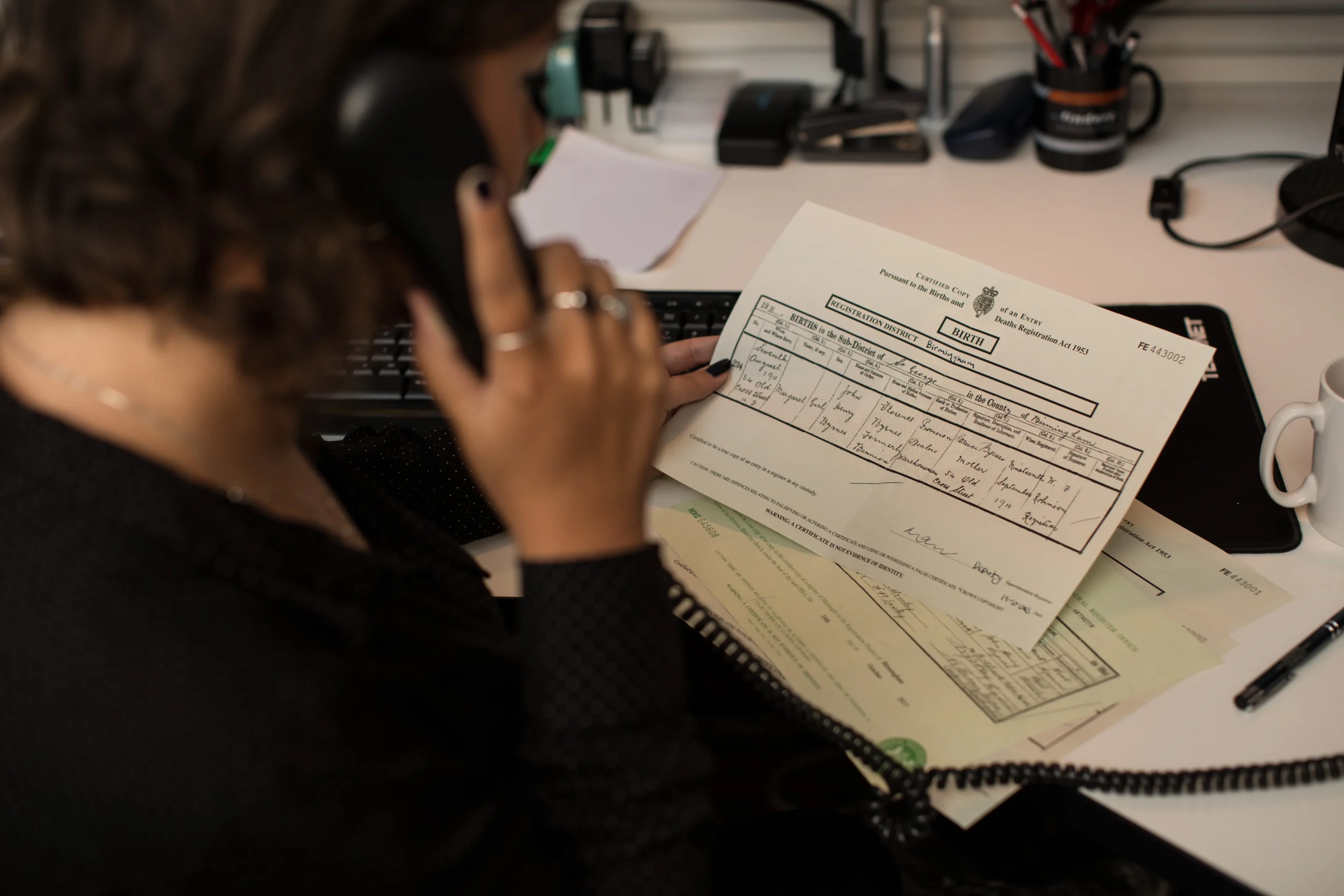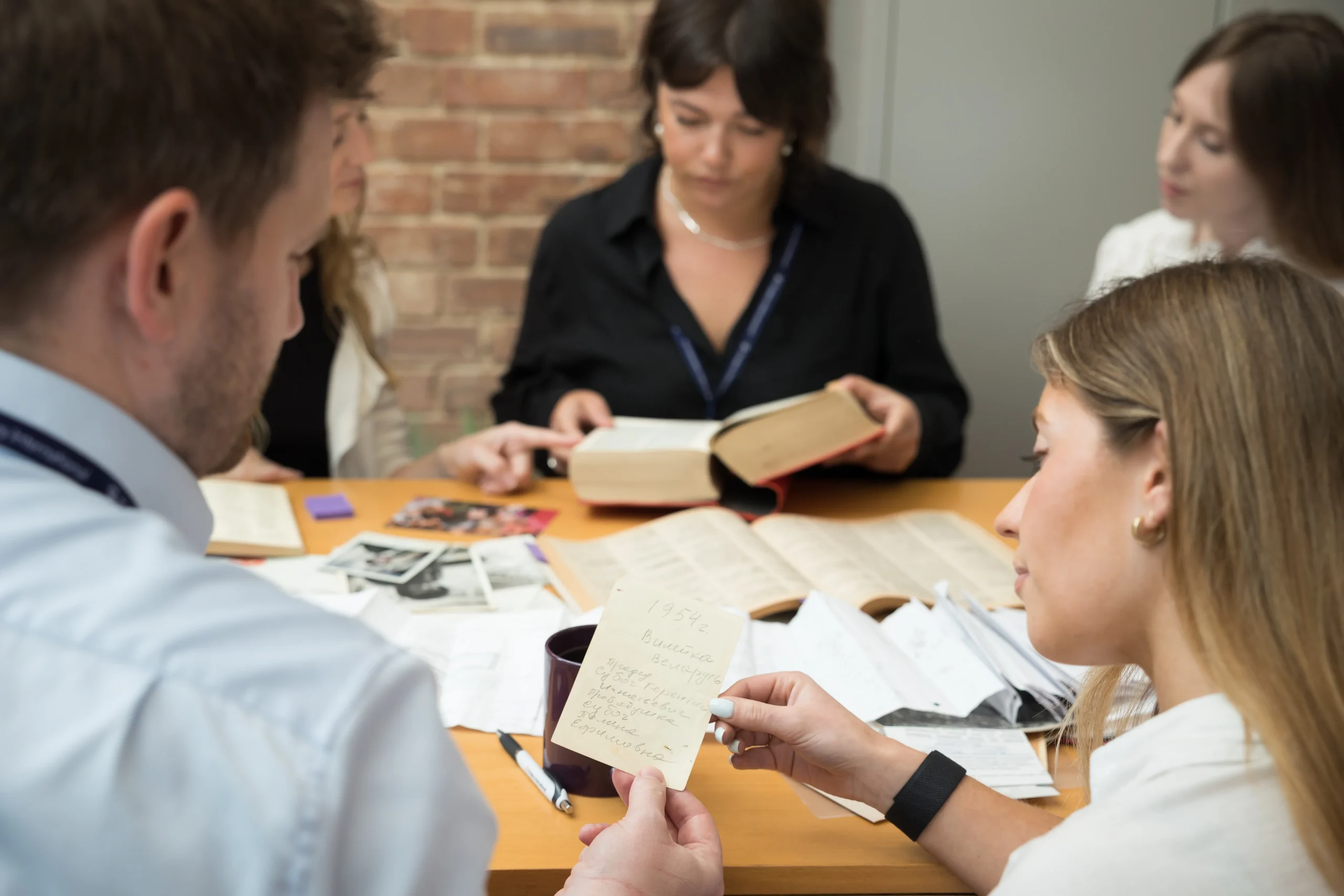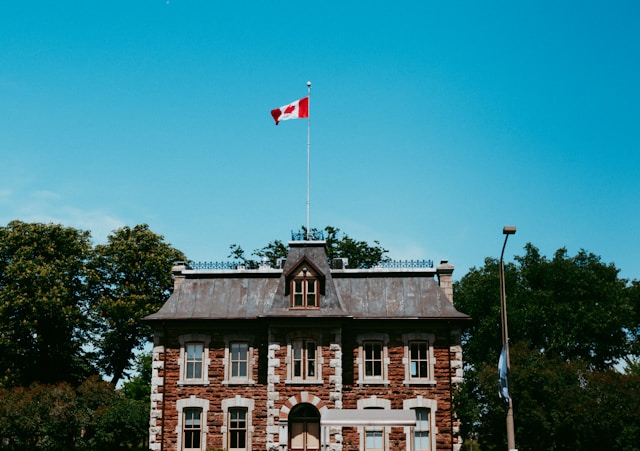January 1, 1970
Working with Trust and Estate Lawyers in Canada: How Genealogists Add Value

Probate genealogy and trusts and estates law go hand in hand. When a person passes away, determining who is legally entitled to inherit can be straightforward – or surprisingly complex. Estate lawyers in Ontario and British Columbia (BC) often turn to professional genealogists to help resolve these complexities, particularly when heirs are missing, family trees are uncertain, or historical records are incomplete. By collaborating early, legal professionals and genealogists can save clients time, reduce costs, and ensure estates are administered efficiently and accurately.
Understanding the Legal Framework
In Ontario, estate matters are governed primarily by the Estates Act and the Trustee Act. The formal process of confirming an executor’s or estate trustee’s authority involves obtaining a Certificate of Appointment of Estate Trustee, either with or without a will.
In British Columbia, estate administration is regulated under the Wills, Estates and Succession Act (WESA). Lawyers in British Colombia typically apply for a Grant of Probate (if there is a will) or Grant of Administration (if there is not).
In both provinces, estate lawyers have a legal and fiduciary duty to identify and locate all rightful heirs or beneficiaries before distributing the estate. This is where genealogists play an essential supporting role.
The Role of Probate Genealogists
A probate genealogist traces and verifies family relationships to determine who is legally entitled to inherit from an estate. Their work often includes:
- Constructing detailed family trees using birth, marriage, and death records
- Locating missing heirs across Canada and internationally
- Confirming legal next of kin when no will exists
- Providing expert evidence and documentation for court applications
- Supporting estate trustees, executors, and legal representatives with certified research
These services are particularly valuable when an estate involves distant relatives, blended families, or beneficiaries who have emigrated abroad.
How Genealogists Add Value to Legal Practice
- Reducing Risk and Liability
Estate trustees and lawyers face potential liability if distributions are made to the wrong individuals or if heirs are overlooked. Genealogists provide verified documentation and sworn statements that help protect against future claims. Their findings give legal professionals the confidence that all entitled beneficiaries have been properly identified.
- Saving Time and Administrative Effort
Tracing heirs can be a time-consuming process. By outsourcing this work to specialists, estate lawyers can focus on the legal aspects of administration while genealogists handle the research and tracing. Professional genealogists have access to international databases, historical archives, and proprietary research tools that make the process faster and more efficient.
- Supporting Cross-Border and Complex Estates
Many Canadian estates involve beneficiaries living in other provinces or countries. Experienced genealogists understand the documentation and verification standards required across jurisdictions, including the UK, the United States, and Europe. This global expertise ensures that estates with international elements are handled smoothly and in compliance with legal standards.
- Providing Expert Reports and Court-Ready Evidence
When an estate’s family structure is unclear, genealogists prepare formal reports that can be presented to the court as evidence. These reports demonstrate the thoroughness of the search for heirs and can support applications for Certificates of Appointment or Grants of Administration.
The Benefits of Early Collaboration
Engaging a genealogist early in the process – ideally at the outset of estate administration – can prevent delays later on. Early collaboration allows lawyers to:
- Identify potential heirship issues before court filings
- Avoid costly rework if additional heirs are discovered after probate
- Streamline communication between all parties involved in the estate
Ultimately, a proactive partnership between trusts and estates lawyers and probate genealogists leads to better outcomes for clients, smoother estate settlements, and reduced risk of disputes.
REFER A CASE TO US
[email protected]
www.findersinternational.com







